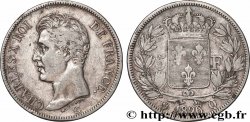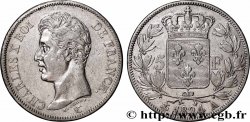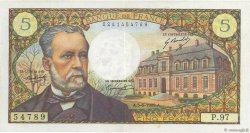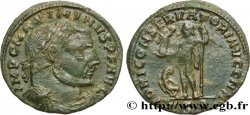fme_695389 - CHARLES X Médaille pour l’Avènement de Charles X
50.00 €约 404.00 CNY
数量
加入购物车

种类 Médaille pour l’Avènement de Charles X
日期: 1824
材质 bronze
直径 32,5 mm
模子方针 12 h.
重量 19,54 g.
侧面 lisse
关于品相的说明
Usure régulière. Présence de coups et rayures
正面
正面的文字 CHARLES X - ROI DE FRANCE .
正面的说明书 Tête de Charles X à gauche..
背面
背面的文字 VIVE LE ROI // FÉLICITATIONS RESPECTUEUSES / DES CHARBONNIERS DES PORTS / ET HALLES DE PARIS / A SA MAJESTÉ CHARLES X / POUR SON AVÈNEMENT / A LA COURONNE DE FRANCE / LE 16 7BRE 1824 // MR DELAVAU CONSEILLER D’ETAT / PREFET DE POLICE.
背面的说明书 Légende en 10 lignes.
评论
Guy-Louis-Jean-Baptiste Delavau (1er juillet 1787, Doué-la-Fontaine - 9 mars 1874, château de Meslay), est un magistrat et haut fonctionnaire français. Fils d'Alexandre de Lavau, président en la Chambre des comptes de Bretagne, il fait son droit à Paris et s'installe comme avocat à Angers.
Affilié à aux Chevaliers de la Foi et à la Congrégation depuis 1807, Delavau entre dans la magistrature, devient conseiller à la cour royale de Paris le 18 septembre 1815. En 1820, il devient membre de la Chambre des vacations en 1820.
Il avait épousé en 1817 la fille de Charles-Marie d'Irumberry de Salaberry. Ils seront les parents de Henri Guy Delavau.
Le 20 décembre 1821, il est nommé préfet de police de Paris, poste qu'il assure jusqu'au 5 janvier 1828. Parallèlement, il est conseiller d'État en service extraordinaire de 1823 à 1828, année de son passage en service ordinaire.
Légitimiste, il est rayé du Conseil d'État par une ordonnance de Louis-Philippe Ier du 20 août 1830..
Guy-Louis-Jean-Baptiste Delavau (July 1, 1787, Doué-la-Fontaine - March 9, 1874, Château de Meslay), was a French magistrate and senior civil servant. Son of Alexandre de Lavau, president of the Chamber of Accounts of Brittany, he studied law in Paris and set up as a lawyer in Angers. Affiliated with the Knights of the Faith and the Congregation since 1807, Delavau entered the judiciary, becoming a counselor at the royal court of Paris on September 18, 1815. In 1820, he became a member of the Chamber of Vacations in 1820. He had married in 1817 the daughter of Charles-Marie d'Irumberry de Salaberry. They would be the parents of Henri Guy Delavau. On December 20, 1821, he was appointed Prefect of Police of Paris, a position he held until January 5, 1828. At the same time, he was a State Councilor in extraordinary service from 1823 to 1828, the year he transferred to ordinary service. A Legitimist, he was removed from the Council of State by an order of Louis-Philippe I of August 20, 1830.
Affilié à aux Chevaliers de la Foi et à la Congrégation depuis 1807, Delavau entre dans la magistrature, devient conseiller à la cour royale de Paris le 18 septembre 1815. En 1820, il devient membre de la Chambre des vacations en 1820.
Il avait épousé en 1817 la fille de Charles-Marie d'Irumberry de Salaberry. Ils seront les parents de Henri Guy Delavau.
Le 20 décembre 1821, il est nommé préfet de police de Paris, poste qu'il assure jusqu'au 5 janvier 1828. Parallèlement, il est conseiller d'État en service extraordinaire de 1823 à 1828, année de son passage en service ordinaire.
Légitimiste, il est rayé du Conseil d'État par une ordonnance de Louis-Philippe Ier du 20 août 1830..
Guy-Louis-Jean-Baptiste Delavau (July 1, 1787, Doué-la-Fontaine - March 9, 1874, Château de Meslay), was a French magistrate and senior civil servant. Son of Alexandre de Lavau, president of the Chamber of Accounts of Brittany, he studied law in Paris and set up as a lawyer in Angers. Affiliated with the Knights of the Faith and the Congregation since 1807, Delavau entered the judiciary, becoming a counselor at the royal court of Paris on September 18, 1815. In 1820, he became a member of the Chamber of Vacations in 1820. He had married in 1817 the daughter of Charles-Marie d'Irumberry de Salaberry. They would be the parents of Henri Guy Delavau. On December 20, 1821, he was appointed Prefect of Police of Paris, a position he held until January 5, 1828. At the same time, he was a State Councilor in extraordinary service from 1823 to 1828, the year he transferred to ordinary service. A Legitimist, he was removed from the Council of State by an order of Louis-Philippe I of August 20, 1830.







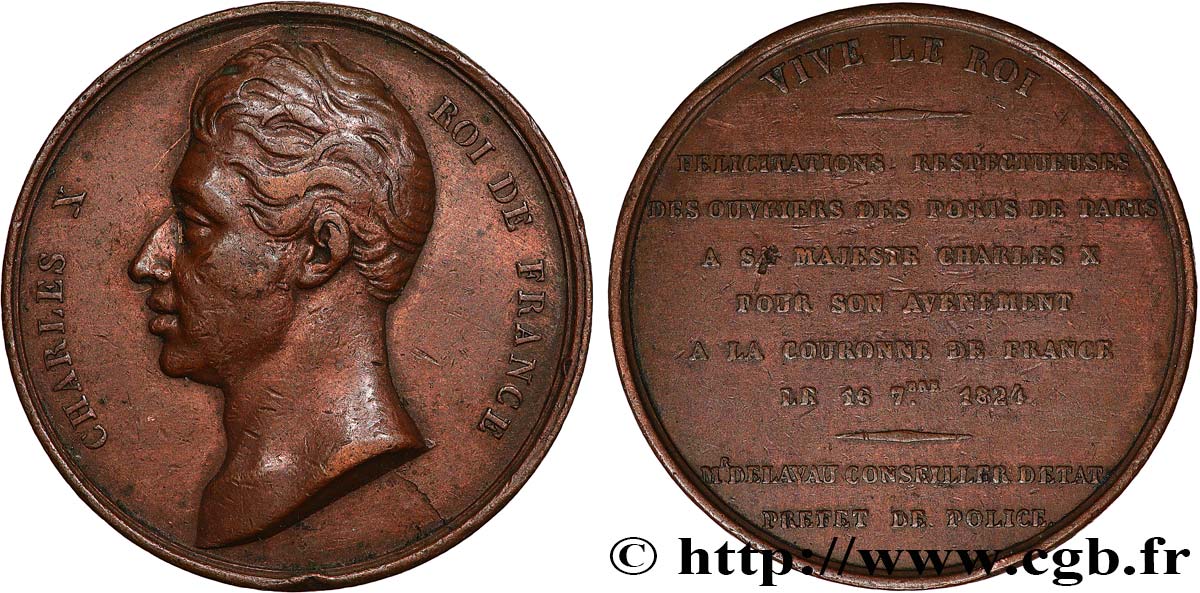
 对产品描述纠错
对产品描述纠错 打印
打印 分享我的选择
分享我的选择 提问
提问 Consign / sell
Consign / sell
 产品介绍
产品介绍


